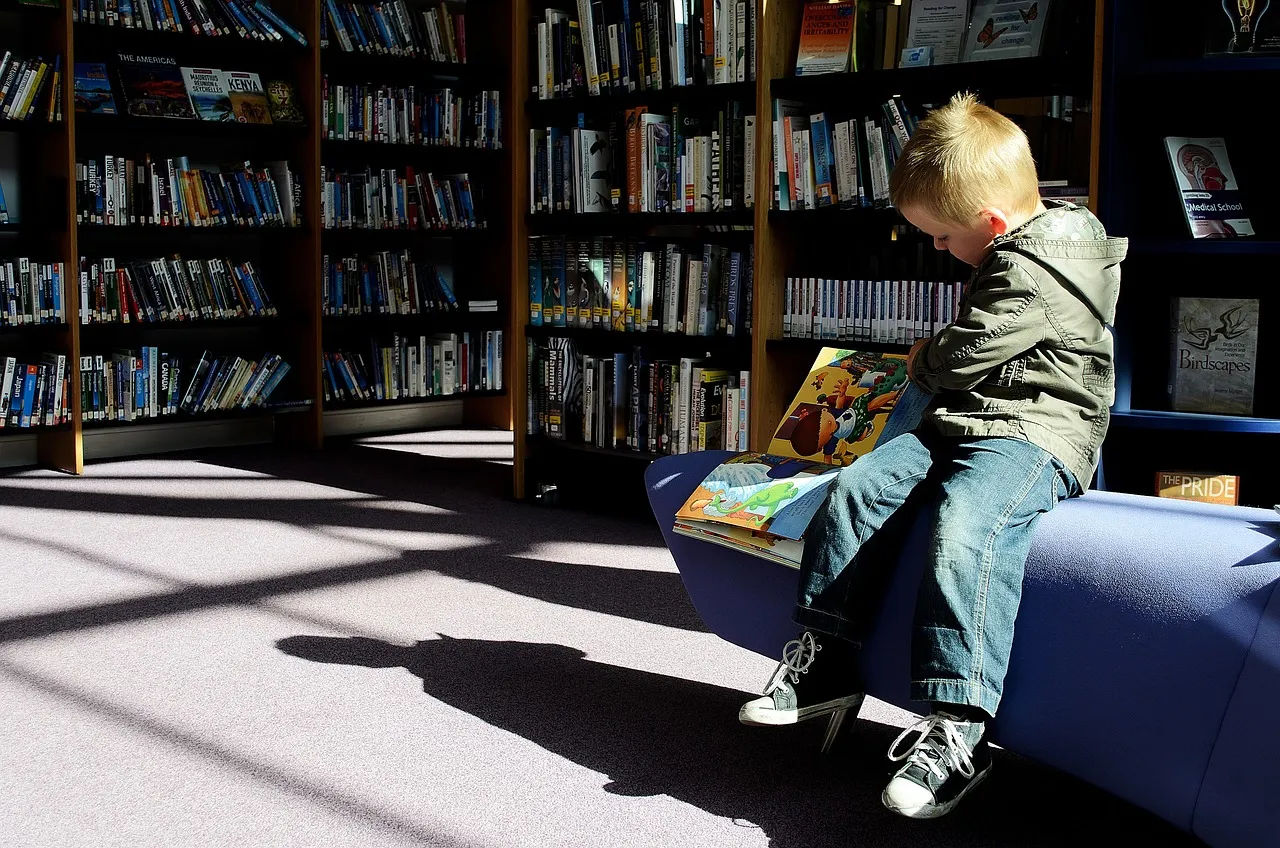
Libraries vs. the Cost of Living Crisis
The phrase ‘cost of living crisis’ is one we’re hearing a lot lately. Energy and food prices are rising, while wages are, at best, staying the same. Minimum wage is far from enough for people to support themselves. In the UK, where I’m based, food bank usage has doubled since 2014, although it has dropped since the heights of the pandemic. Eating enough to stave off hunger is already a struggle for many people, but as we head deeper into the winter months, staying warm is going to be one of the greatest challenges that lower-income people face. ‘Choosing between heating and eating’ is a cute rhyme that doesn’t bring home the full reality of a horrifying situation; even before the rise in energy prices, 38% of people had had to choose one or the other. No person should have to choose between being fed or staying warm, but this is the current reality for an ever-increasing number of Brits.
In an earlier post, I looked at how libraries help refugees and asylum seekers settle into areas; with inflation causing financial problems for so many, libraries are extending their efforts to help whole communities. Libraries are in a unique position to be able to help people who are struggling financially — they’re free to enter, often located in the centre of a town, and are deliberately set up to be welcoming to more vulnerable groups such as children and elderly people. My local library has a long-established programme where people can come to access computers, and receive help for any IT-related issues that they’re unsure about. Some libraries have teamed up with period poverty charities to provide free menstrual products for anyone who needs them, while others act as a base for local council programmes such as return-to-work schemes. Looking forward to the long, cold winter ahead of us, many libraries are coming up with additional programmes and initiatives to help ease the financial burden on as many people as possible — something they’re planning to tackle in a variety of different ways.

Free Entertainment
As is to be expected, having to cut costs to the point where you’re leaving out essentials means that nonessentials aren’t even an option — “nonessentials” perhaps not being the best word here, as purchases which aren’t necessary to keep you alive can still be crucial for quality of life. The free access to books provided by libraries isn’t only helpful for educational purposes, but also for recreation and entertainment. Library use frequently increases during times of high inflation, as people who would normally buy books decide to cut costs and borrow them instead. CILIP, the UK’s library and information association, notes that the higher usage linked to inflation can be a double-edged sword for libraries; libraries are always happy to have more borrowers, but the increased cost of books can also cause a dent in a library’s budget, particularly if they aren’t given extra funding to compensate. As a result, CILIP states, libraries have to “buy smarter,” limiting their book purchases to titles they can predict will be borrowed the most. As an aspiring author, this rang alarm bells for me; this has the knock-on effect of reducing sales for debut and marginalised writers, who can’t claim anywhere near the same kind of borrower numbers as a Dan Brown or a James Patterson.
Easing financial pressures
In CILIP’s article, they also talk about the role of libraries in supporting people who are applying for benefits. Many libraries, working in close connection with local councils, will offer support for people who want to navigate benefit applications or learn about other ways to boost their finances. Libraries Connected, an organisation that represents library services and connects local libraries, put together a briefing note for the cost of living crisis that outlined the kinds of services that libraries can offer in order to help their local communities, including providing learning events so people can learn work-related skills, giving digital support to users, or setting up free or low-cost clubs and cultural activities so adults and children can socialise without spending too much money.
When every penny counts, library fines can be a barrier to using the library. Many libraries in the UK have already removed fines for younger children, but according to a recent Guardian article, ‘a survey of libraries in England and Wales found that around half are no longer charging adults late fees on borrowed items’ to make services fully accessible for users for whom a 30p fine could mean having less to eat that week.
“Warm Banks”
One of the most pressing issues for people in the coming months is going to be staying warm. Many libraries have started setting up to become “warm banks,” places where people can go during the day to stay warm. A Guardian article revealed that 60% of libraries are planning to become part of a “warm bank” scheme, although only 4% expect to receive any extra funding to help support this programme. CILIP have put together a guide for libraries wanting to help people in their local communities, which provides information on the cost breakdown for heating different-sized spaces, as well as giving case studies of additional schemes such as Suffolk Libraries’ Kindness Campaign which includes setting up clothing banks and providing warm drinks.
While the fact that such a thing as a “warm bank” is necessary is a horrifying indictment of how bad things have become under austerity and late-stage capitalism, it’s reassuring that, once again, libraries are stepping up for their communities. For more stories on how libraries and librarians are taking on unfair and damaging politics, read our article on how Brooklyn library offered access to banned ebooks to teens across the USA. Or, to learn more about how libraries are helping working parents, check out our post on Fairfield Library’s work and play stations.












